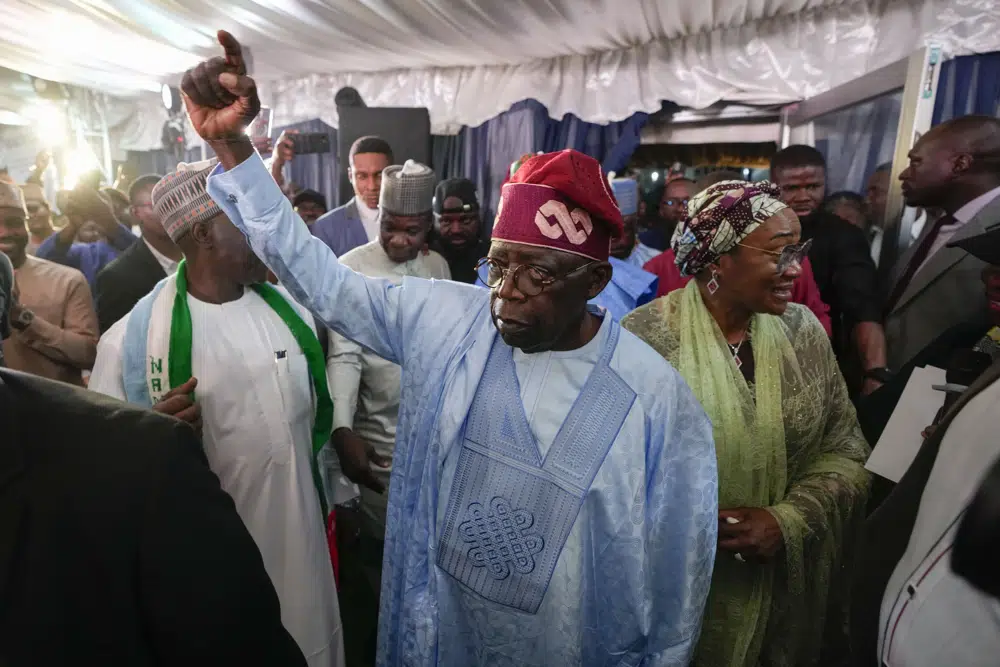President Bola Tinubu of Nigeria, who took the helm on 29th May, has enacted sweeping reforms in the nation’s defence forces. The overhaul witnessed the departure of security chiefs and the Inspector-General of Police, with replacements named with immediate effect.
This development, which is typical when a new president takes office in Nigeria, comes as the nation grapples with various security threats. The military is presently strained due to ongoing conflicts against rebel groups, kidnappings for ransom, and banditry, which have led to widespread insecurity across the country.
A statement released on Monday by the Secretary to the Government of the Federation noted that President Tinubu had appointed new heads for the defence forces, army, navy, air force and the Nigeria Customs Service. The statement, attributed to Willie Bassey, a spokesperson for the Secretary to the Nigerian Government, was published in The Guardian newspaper. It confirmed “the immediate retirement of all Service Chiefs and the Inspector-General of Police, Advisers, Comptroller-General of Customs from Service as well as their replacements with immediate effect”.
The statement also highlighted that the new appointees would serve in an acting capacity until their positions are ratified as per the Constitution of the Federal Republic of Nigeria.
Security reforms were central to President Tinubu’s campaign and he has reaffirmed his commitment to bolster the security sector through recruitment, better remuneration, training, and equipping of personnel. In his inaugural address, President Tinubu stated, “We shall invest more in our security personnel, and this means more than an increase in numbers. We shall provide better training, equipment, pay, and firepower.”
Among the notable appointments, Major General Christopher Musa, who until last year spearheaded the army’s efforts against armed insurgents, has been appointed as the new Chief of Defence Staff, succeeding Lucky Irabor.
Analysts believe that the pressing security challenges faced by Nigeria, Africa’s most populous country and largest economy, stem primarily from inadequate resources, leaving security forces often outmanned and outgunned in conflict-ridden regions.
In addition to the changes in the defence sector, President Tinubu has also dissolved the governing boards of all government agencies. It is anticipated that new boards will be constituted and submitted for legislative approval in the forthcoming weeks.
This extensive reshuffle reflects President Tinubu’s resolve to address Nigeria’s myriad security challenges, which include an Islamic extremist insurgency with links to the Islamic State group in the north-east, rebels in the north-west, and secessionists in the south-east, amongst others.
The nation awaits to see how these changes will impact the security landscape and whether President Tinubu’s reforms can foster much-needed stability and security in a country marred by conflict.
Image Credit: AP Photo/Ben Curtis, File





